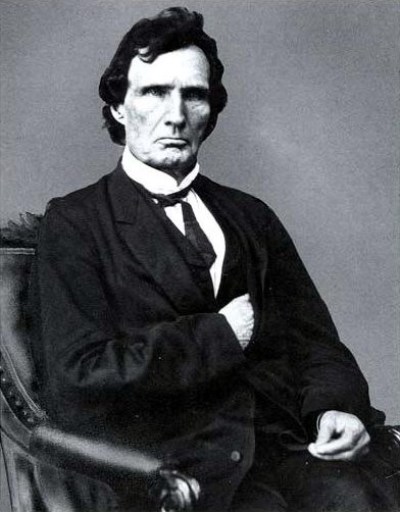Advancing the Dream: 8 notable Civil Rights victories
1. Civil Rights Act of 1866

The year after the end of the American Civil War, there was intense debate over how to secure the civil rights of newly freed African Americans living in the South.
A Republican controlled Congress, led by Radical Republican Congressman Thaddeus Stevens, passed the Civil Rights Act of 1866, overriding a veto from President Andrew Johnson.
According to the Federal Judicial Center, the Act “declared that all people born in the United States were U.S. citizens and had certain inalienable rights, including the right to make contracts, to own property, to sue in court, and to enjoy the full protection of federal law.”
“The act gave the U.S. district courts exclusive jurisdiction over criminal cases related to violations of the act, and concurrent jurisdiction, along with the U.S. circuit courts, of all civil and criminal cases affecting those who were unable to enforce in state court the rights guaranteed by the act,” explained the Federal Judicial Center.
The law is generally considered a pioneering piece of federal law, which laid the groundwork for future legislation championing racial equality.





















